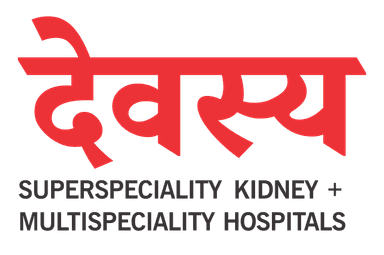Good Pasture Disease Treatments & Surgery
How Devasya Hospital Helps to Treat GoodPasture Disease?
Devasya Hospital is the best hospital for Goodpasture disease, renowned for its comprehensive and patient-centered approach. The hospital boasts a team of specialists in autoimmune disorders, nephrology, and pulmonology, ensuring tailored treatment plans for individuals. With state-of-the-art facilities, Devasya Hospital offers advanced diagnostic and treatment options, particularly excelling in the administration of plasmapheresis—a crucial procedure in Goodpasture's disease management. The hospital's commitment to personalized care and a collaborative approach fosters a holistic healing environment. With a stellar reputation for excellence, Devasya Hospital is a preferred choice for those seeking effective and compassionate treatment for Goodpasture's disease. The expertise in plasmapheresis further underlines the hospital's dedication to ensuring optimal patient outcomes in the management of this autoimmune disorder.
Choosing Devasya Hospital ensures access to top-tier medical professionals, cutting-edge facilities, and a patient-centered approach, making it a preferred choice for individuals seeking effective treatment for Goodpasture's disease, including plasmapheresis.
FAQs
Goodpasture's disease, also known as anti-glomerular basement membrane (anti-GBM) disease, is a rare autoimmune disorder affecting the kidneys and lungs. It involves the immune system mistakenly producing antibodies that target the collagen in these organs' basement membranes.
The exact cause is unclear, but it is considered an autoimmune condition. Genetic and environmental factors may contribute to the development of the disease, leading the immune system to attack the kidneys and lungs.
Diagnosis involves blood and urine tests to detect anti-GBM antibodies. Imaging studies and kidney biopsies may also be performed to assess organ damage.
Symptoms include hematuria (blood in urine), proteinuria (protein in urine), cough, shortness of breath, chest pain, and swelling. Fatigue, weakness, and pallor may also be present.
Complications include kidney failure, respiratory failure, and the need for dialysis. Prompt diagnosis and treatment are crucial to minimize complications.
As the exact cause is unclear, prevention strategies are limited. However, avoiding exposure to certain environmental factors and maintaining overall health may be beneficial. Early detection and management are key to minimizing the impact of the disease.



